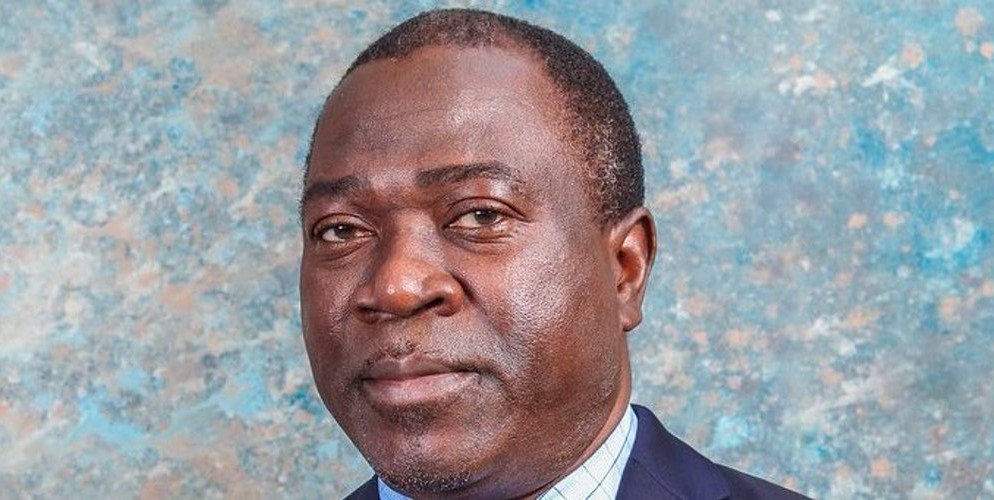The United Kingdom has detected the first human case of influenza A(H1N2) virus.
Influenza A(H1) viruses are enzootic (regularly occur in animals) in swine populations.
H1N1, H1N2 and H3N2 are major subtypes of swine influenza A viruses in pigs and occasionally infect humans, usually after direct or indirect exposure to pigs or contaminated environments.
In a statement on Monday, the UK Health Security Agency (UKHSA) said the case was detected as part of routine national flu surveillance.
Advertisement
The agency said the infected individual was tested after experiencing respiratory symptoms.
“The individual concerned experienced a mild illness and has fully recovered. The source of their infection has not yet been ascertained and remains under investigation,” the statement reads.
“Close contacts of the case are being followed up by UKHSA and partner organisations. Any contacts will be offered testing as necessary and advised on any necessary further care if they have symptoms or test positive.
Advertisement
“UKHSA is monitoring the situation closely and is taking steps to increase surveillance within existing programmes involving GP surgeries and hospitals in parts of North Yorkshire.
“To assist in the detection of cases and assessment of transmission, those people who are contacted and asked to test are encouraged to do so.”
The agency said the H1N2 strain has not previously been detected in humans in the UK.
“There have been a total of 50 human cases of influenza A(H1N2)v reported globally since 2005; none of them related genetically to this strain,” theUKHSA added.
Advertisement
“Based on early information, the infection detected in the UK is a distinct clade (1b.1.1), which is different from recent human cases of influenza A(H1N2) elsewhere in the world but is similar to viruses in UK swine.”
Meera Chand, incident director at UKHSA, said the agency is working rapidly to reduce any potential spread.
“In accordance with established protocols, investigations are underway to learn how the individual acquired the infection and to assess whether there are any further associated cases,” Chand said.
Advertisement
Add a comment






